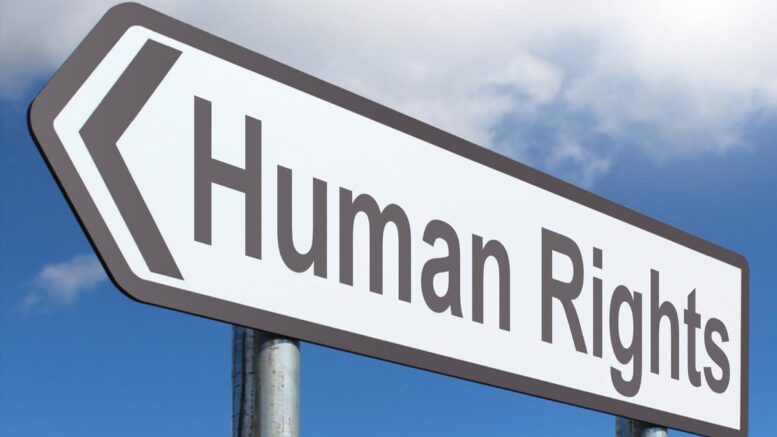The Workers of England Union have serious concerns regarding the contents and impartiality of the ‘Joint Committee on Human Rights’ and the words they use around ‘covid’.
As an example Baroness Kennedy of the Shaws mentions about workers in the National Health Service refusing the “inoculation against Covid” The experimental Covid vaccines did not stop a person getting covid, transmitting covid, and only reduced the effects if it worked at all. At no point in the oral evidence do they state it was an experimental vaccine or what the possible adverse effects could be, which were already being heavily reported through the governments yellow card reporting system.
At a glance
- The Joint Committee on Human Rights is conducting an inquiry into human rights at work.
- As part of its inquiry, the Committee is considering if domestic law strikes the right balance between the rights of employers and the rights of workers to freedom of religion or belief and freedom of expression.
- No reports or proposals have yet been published and evidence gathering is continuing.
The Joint Committee on Human Rights is currently conducting an inquiry into human rights at work. Recognising that there are a large number of laws and regulations that protect rights at work, the inquiry is specifically looking at how the universal protections guaranteed in the European Convention on Human Rights (ECHR) apply to the world of work and the rights of workers.
Matters which the inquiry is considering include: –
- Freedom of association and the right to strike;
- The right to privacy and surveillance at work;
- Labour market exploitation;
- Retained EU Law and workers’ rights;
- International human rights treaties; and
- Freedom of thought, conscience and religion and freedom of expression in the workplace.
In relation to freedom of thought, conscience and religion and freedom of expression in the workplace, the inquiry is looking at –
- Whether domestic law strikes the right balance between workers’ Article 9 right to freedom of religion or belief and the rights of employers. If not, what changes are needed.
- Whether domestic law strikes the right balance between workers’ Article 10 right to freedom of expression and the rights of employers. If not, what changes are needed.
- Whether domestic law provides adequate protection for the rights of workers to be free from harassment at work by third parties on account of their religion or beliefs.
The Committee has not yet made any proposals for reform or published any reports related to its inquiry. However, oral and written evidence received so far by the Committee has been published. Of particular interest for employers is the written evidence of the Equality and Human Rights Commission which says that, in its view, “the Equality Act 2010 and the Human Rights Act 1998 provide sufficient protection for both those with and without a religion or belief”. Also of interest is the transcript of evidence from witnesses gathered in October 2023. Here the Committee examined the role of Article 9 (freedom of thought, conscience and religion) and Article 10 (freedom of expression) of the ECHR in the context of the workplace and examining the legal responsibilities of employers in protecting their workers’ human rights more generally.
2023.10.25-Joint-Committee-on-Human-Rights
